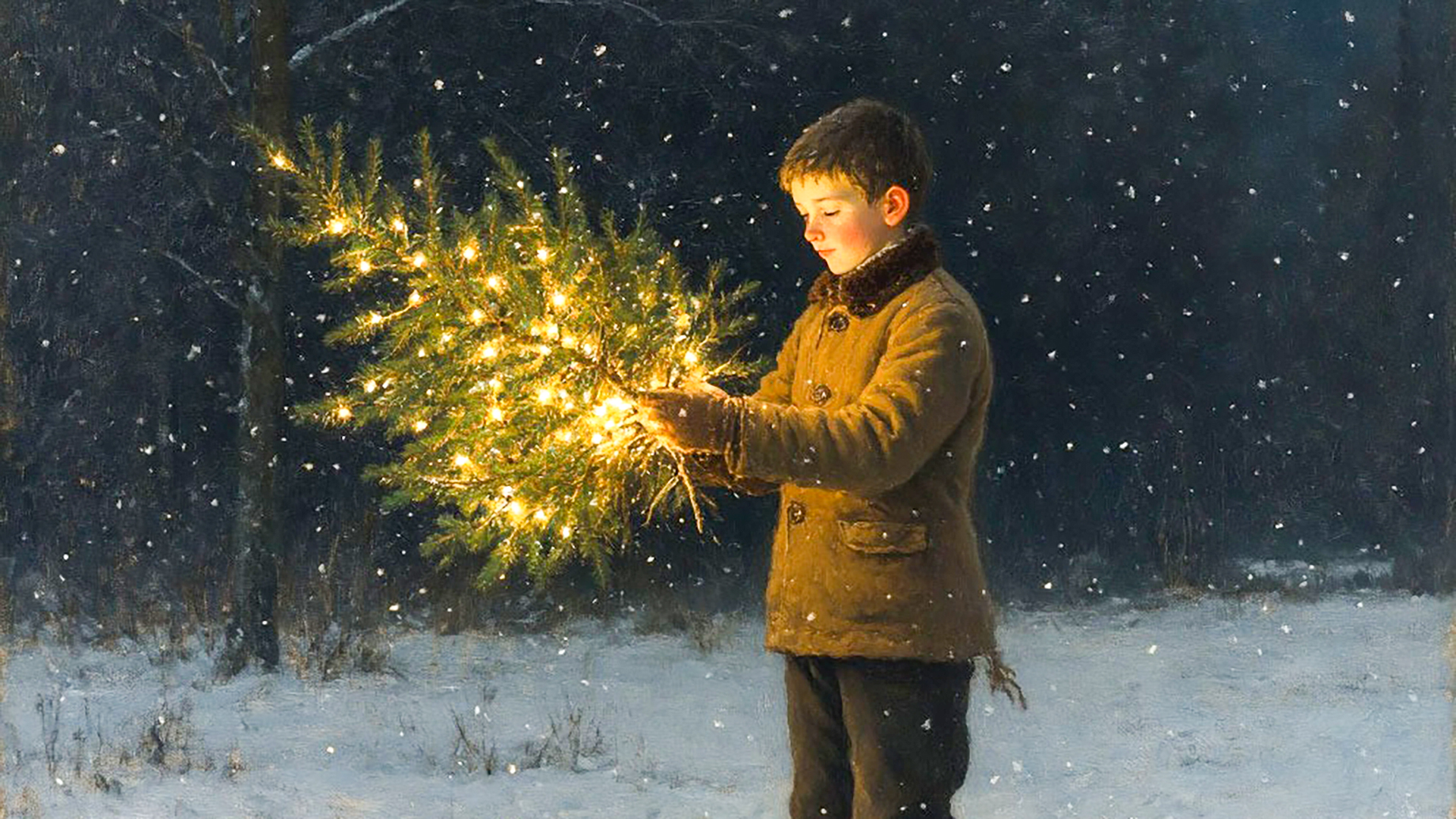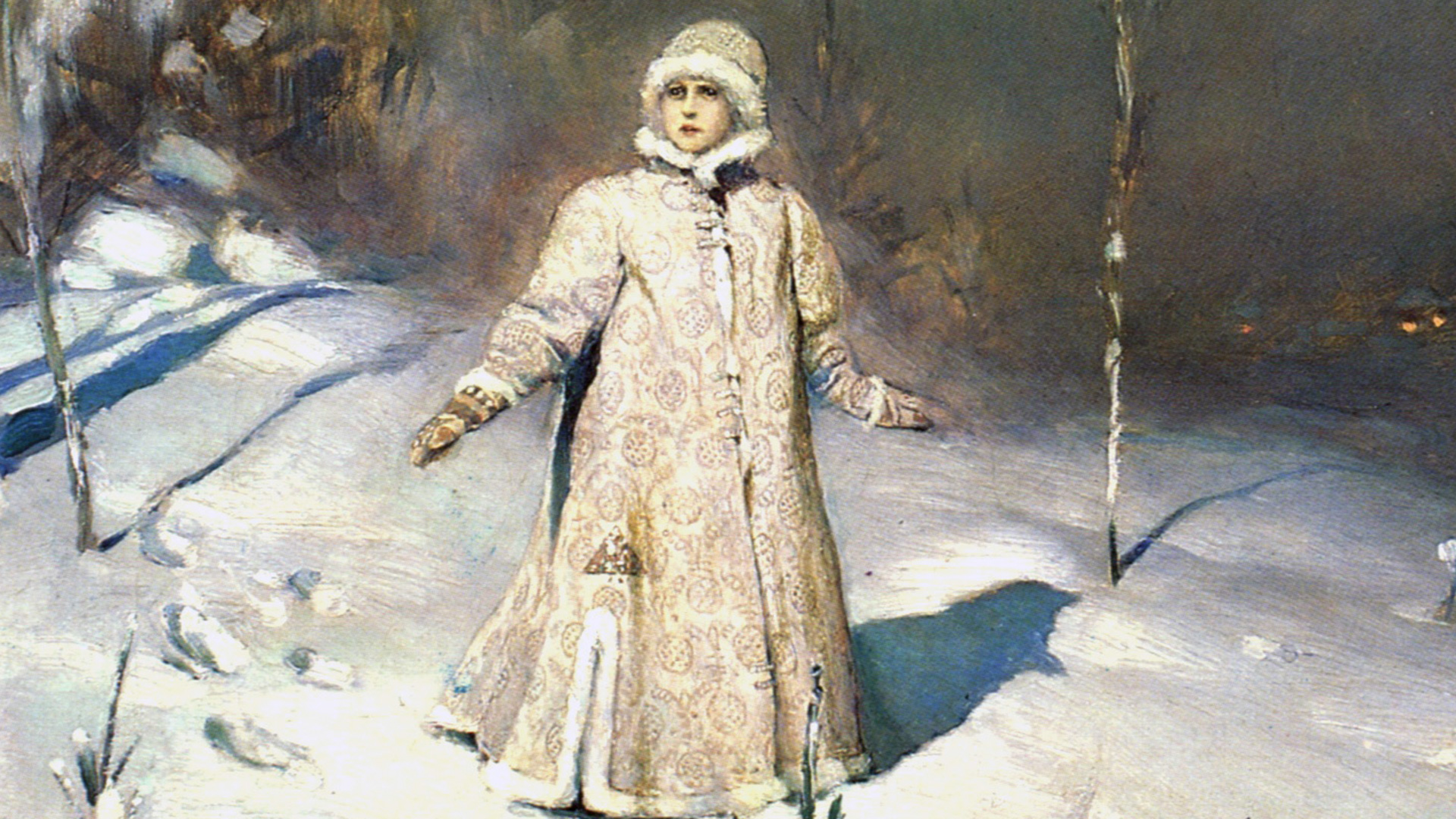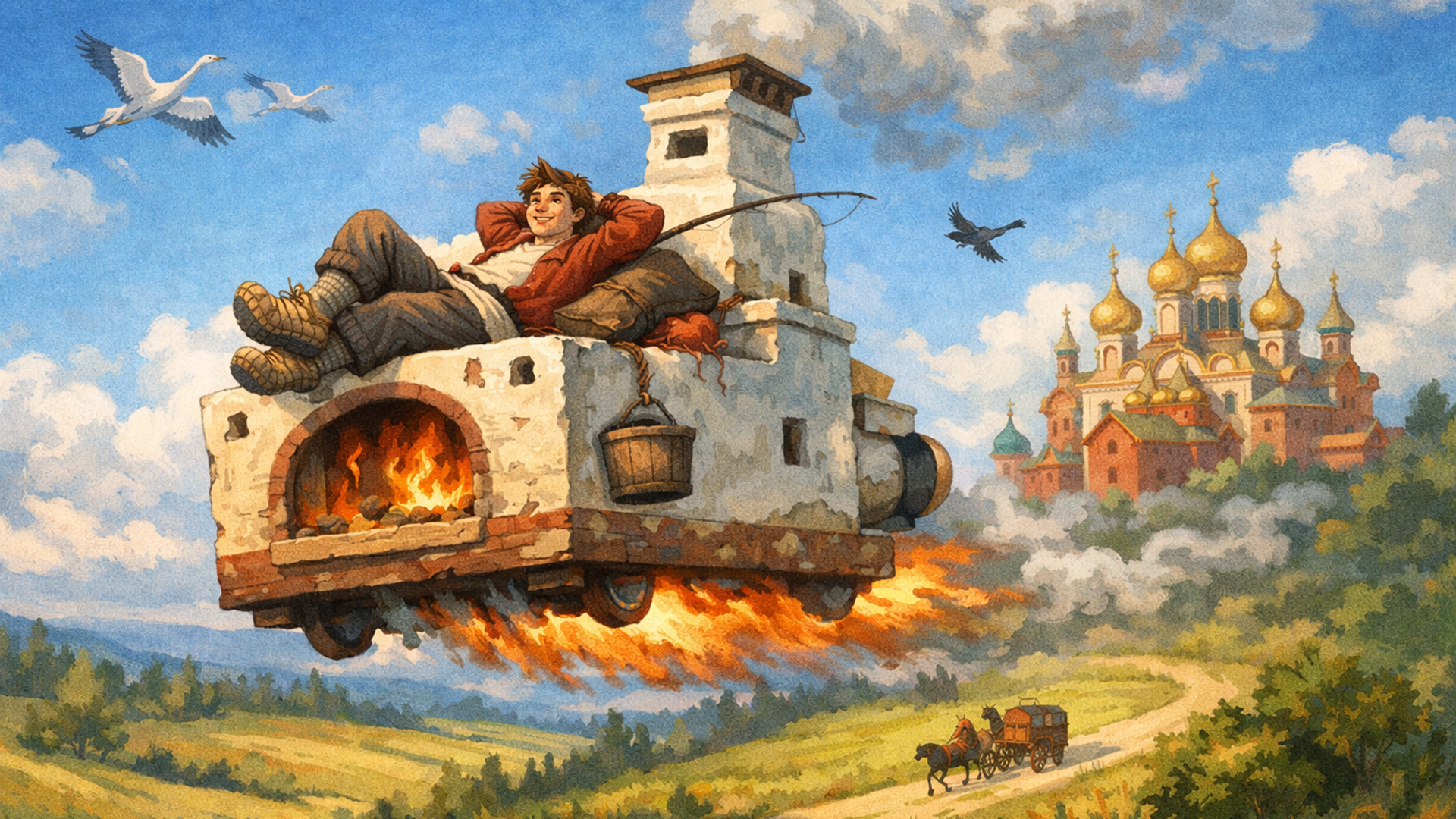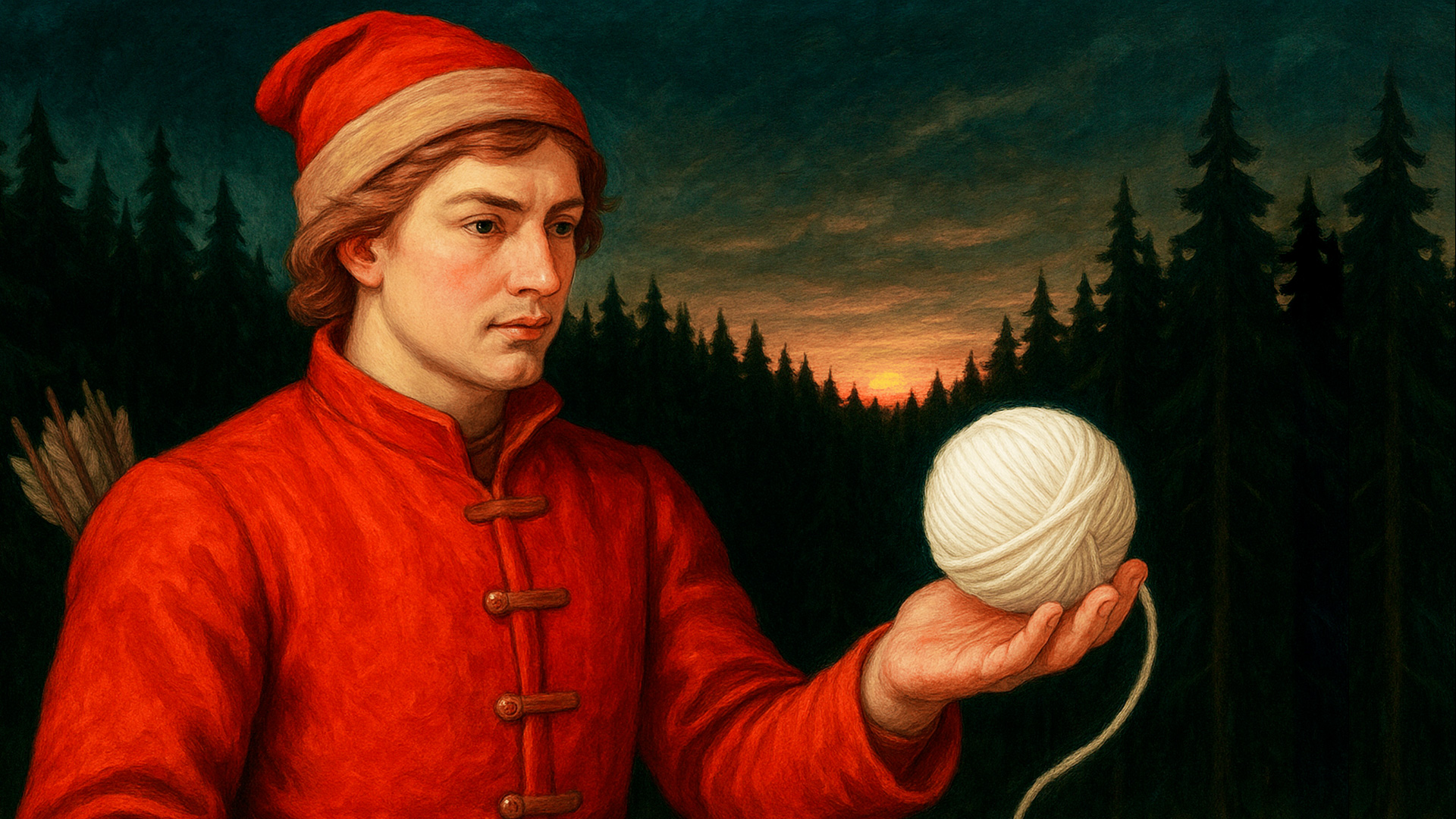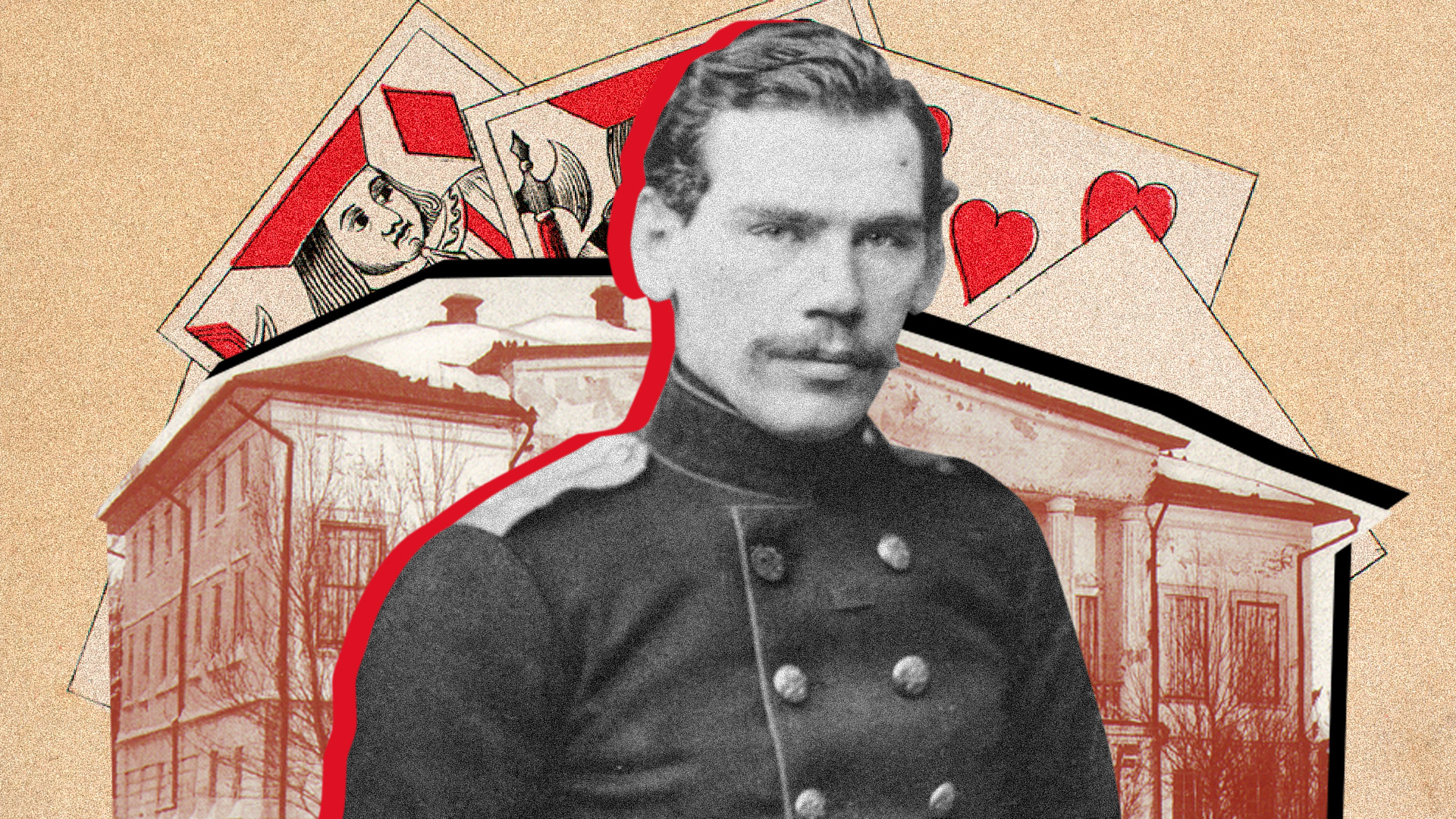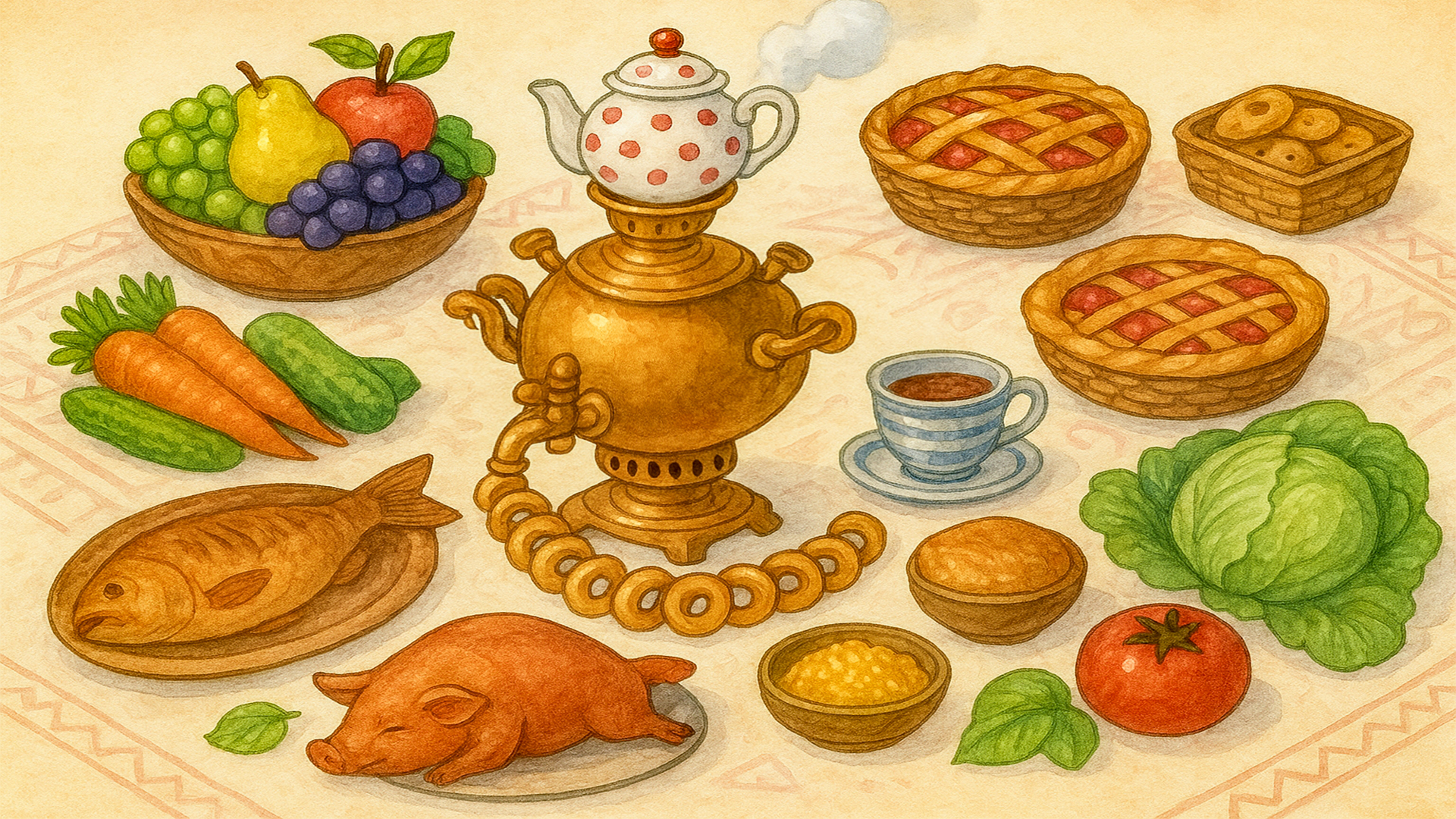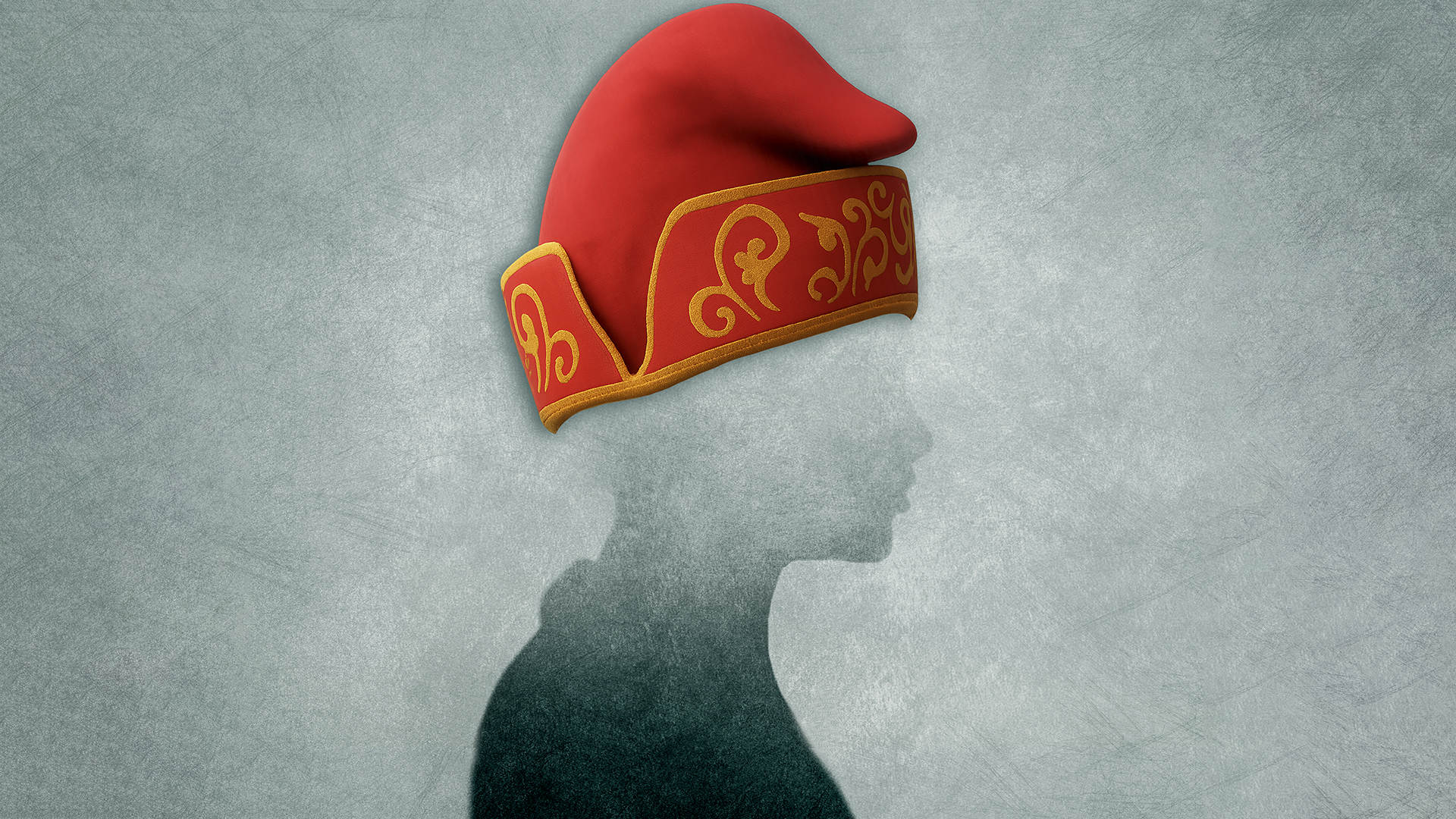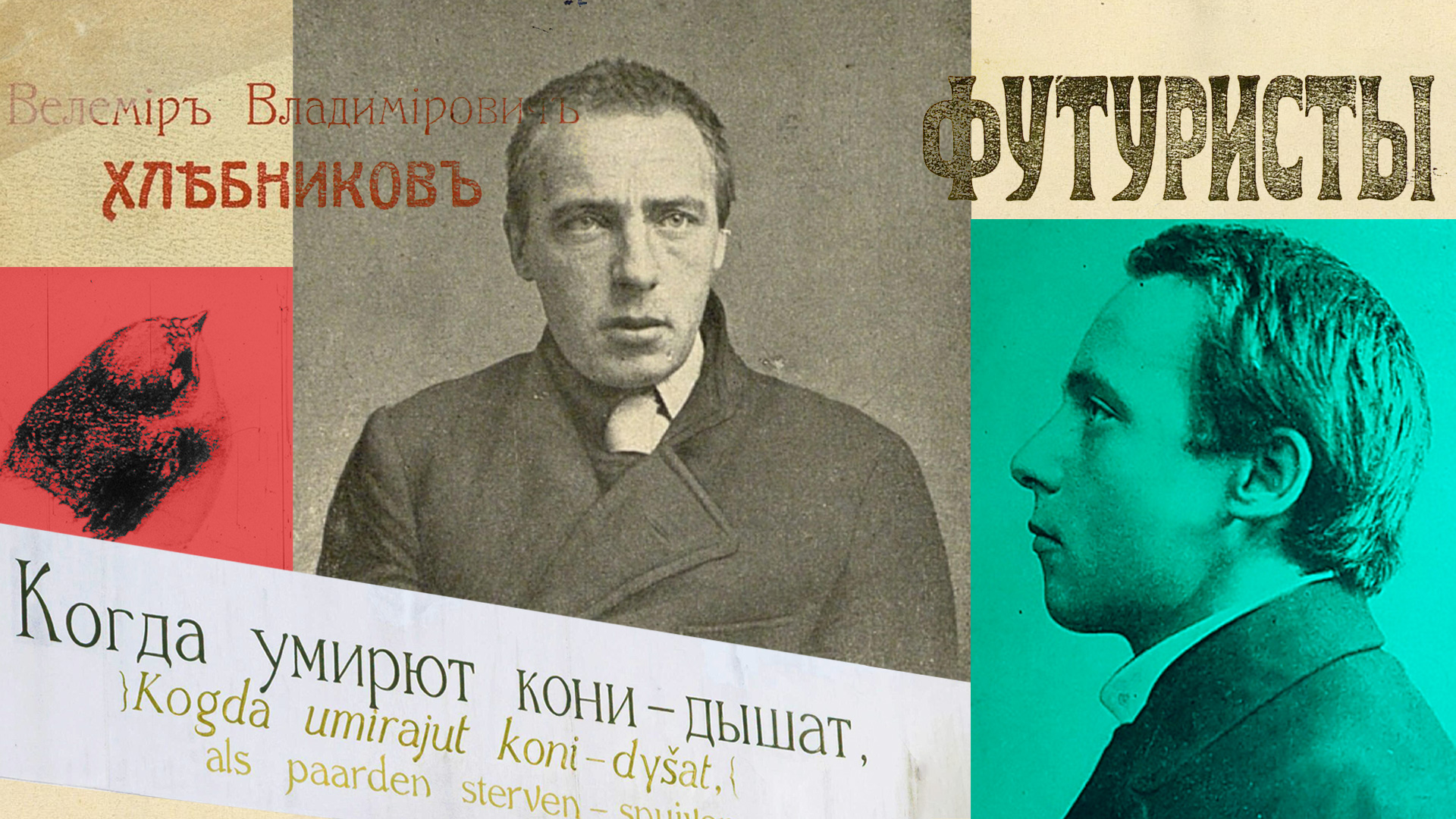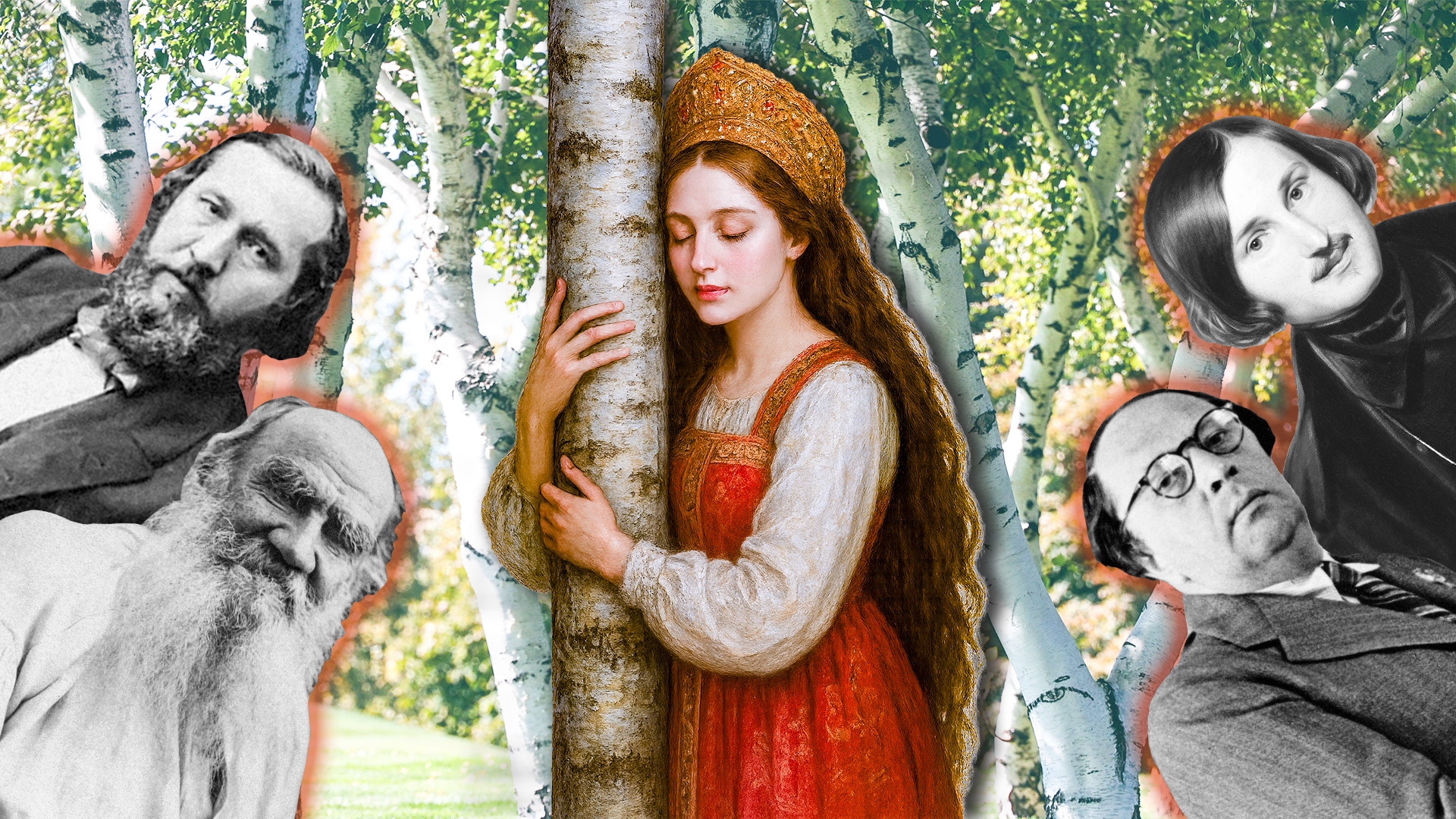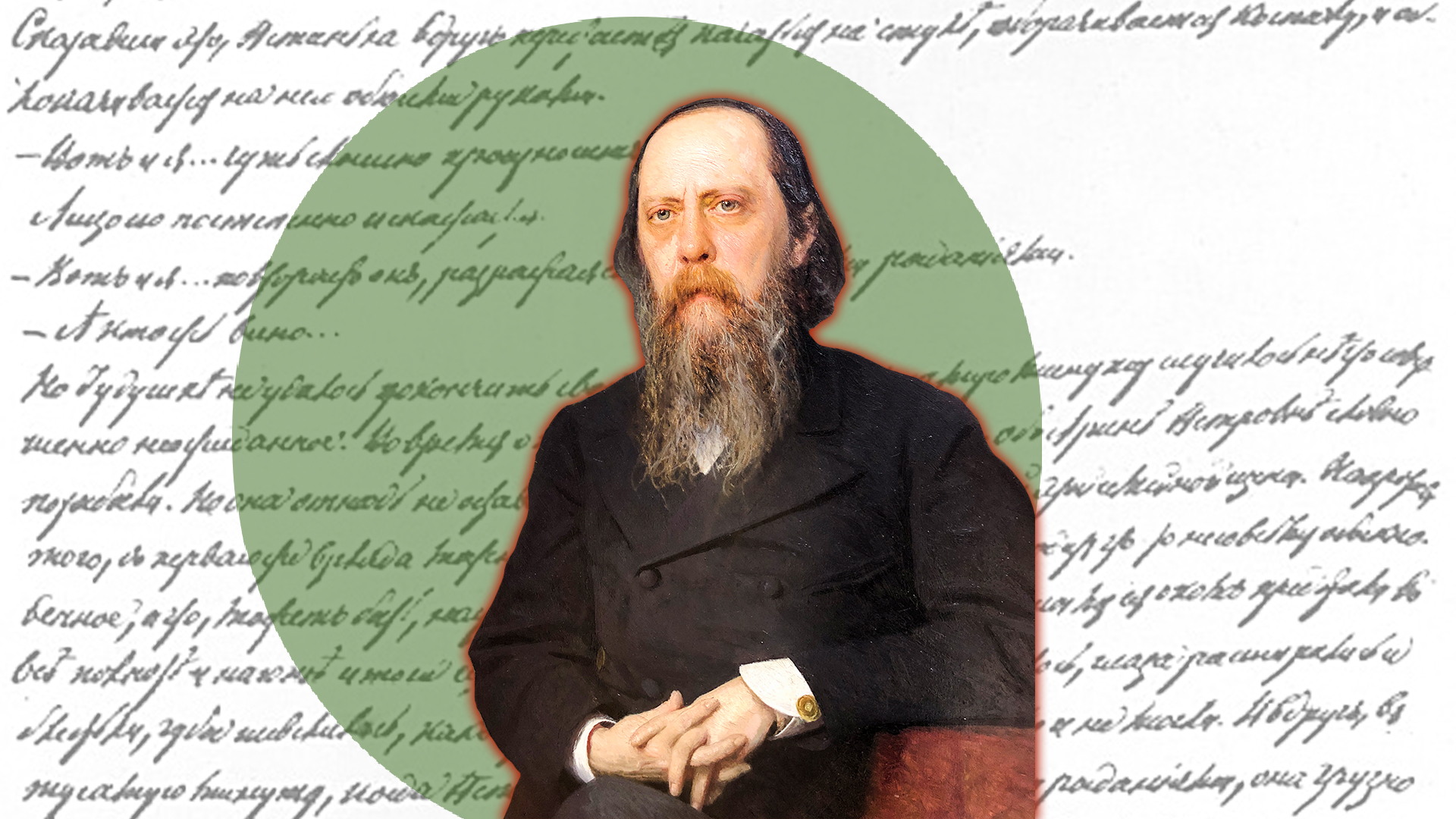
How Russian culture changed China

About everyday life & herself
«I have a cat, whose name is ‘Misha’. My wife is also a Russian specialist who now works as the director of the Institute of Foreign Languages at the People's University. All our Russian specialist friends and my wife's students know Misha and often ask how he is doing.
There is a matryoshka doll in the family of every Russian specialist and some even display icons. You will always find Russian dishes being prepared in such families and female Russian specialists simply adore Russian headscarves. And, on the streets, they are immediately recognized as a “Russian thing”.
In the last century, the Chinese had only “exotic” foreign things from the Soviet Union and they did not yet know how people lived in the West. And if someone was going abroad, it was immediately clear that the person was going to the USSR».

About cultural influence
«Although our culture is very ancient, it also imitated India at one time. It took Buddhism from there; that is, the influence came through religion.
The connection between China and Russia, the spread of Soviet culture, which was socialism, that is, influence through politics. It all began with the organization of the ‘May Fourth Movement’ in 1919. This was the start of a new Chinese culture. Of course, not only Russian, but also French and German influence was manifesting there. This was a very important cultural movement. Now, in China, we are discussing its causes. We have noticed that there are three main resources: German Marxism, French Enlightenment and Russian literature».
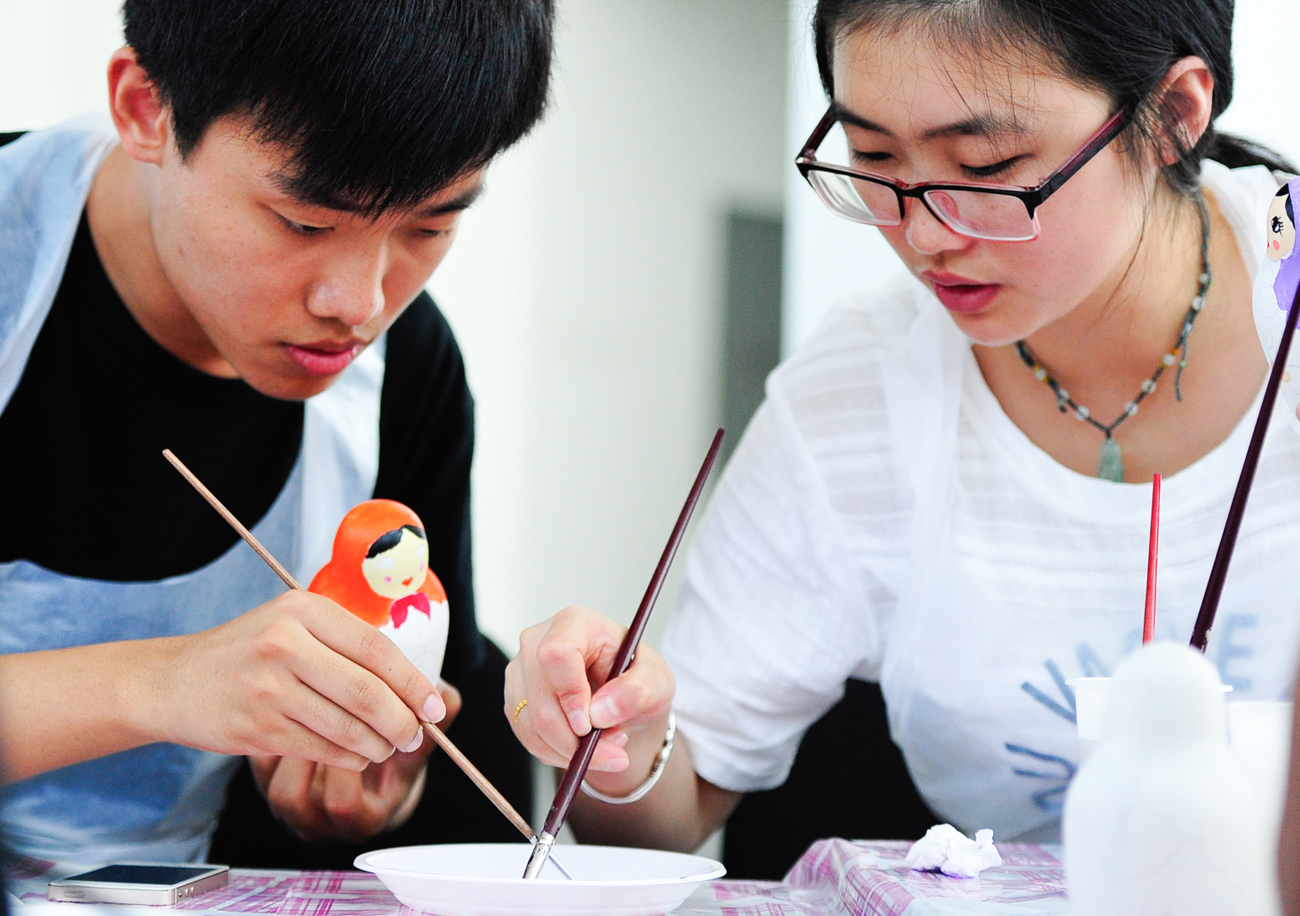
About Russian classic writers
«Chekhov is my favorite Russian writer. I have not translated him, there is a very good translator in China, to whose works I wrote a long preface. And then, I published an article in the ‘Narodnaya Gazeta’ newspaper called ‘Kind Chekhov’, in which I wrote about his worldview, about how he gave money for the construction of a hospital and a library. Chekhov does not have extremes, like most Russians… He is always somewhere in the middle. Irony is his way of describing the world.
The most popular Russian authors in China are considered to be Alexander Pushkin, Anton Chekhov, Leo Tolstoy and Fyodor Dostoevsky. The latter is in the lead today».

About the musical ‘Anna Karenina’
«Almost no Western movies or TV shows are released in China, however, almost all monographs by Western Russianists have been translated. I once translated the script of the musical ‘Anna Karenina’ into Chinese. It’s very popular in China. Musicals are now the most fashionable art form in China for the young generation. ‘Anna Karenina’ is so popular in China that two troupes performed it at the same time: Russian and Chinese. When the Chinese performed, they sang my translation. When the Russians performed, they sang in Russian, while my translation was shown on screens».

About Tolstoy & feminism
«When I was studying at university, the novel ‘Anna Karenina’ seemed to me to be a family tragedy. At the same time, Tolstoy showed us its root – an unjust society. At the same time, all my female colleagues, for example, don’t like ‘Anna Karenina’. And the novel ‘Resurrection’, it seems, is generally disliked by all Slavists (laughs)! Although I am the translator of the novel into Chinese! After feminism spread through the world, Tolstoy became the target of attacks.
But, in China, feminism is not so influential. It seems to me that Chinese viewers mainly look at the beauty of the plot and the main character».


